
 The SFFaudio Podcast #439 – Jesse, Scott, and Paul Weimer discuss the novella entitled The Fifth Head Of Cerberus by Gene Wolfe
The SFFaudio Podcast #439 – Jesse, Scott, and Paul Weimer discuss the novella entitled The Fifth Head Of Cerberus by Gene Wolfe
Talked about on today’s show:
Serberous?, the novella (not the whole book), maybe an accident maybe on purpose, very-Wolfeian, Orbit 10 edited by Damon Knight, fixup vs. novel?, V.R.T., to fully understand…, you need them all together, error or on purpose, many moons ago, novella is the perfect length for any Science Fiction work, read in publication order, old home week, Ender’s Shadow, Ender’s Game, cheating, the Alzabo Soup podcast, The Book Of The New Sun, condensed and distilled, Jorge Luis Borges <- I like what that guy's doing, I'm going to do me some of that -> George R.R. Martin, reader doing the heavy lifting, A Song Of Ice And Fire, almost a fantasy novel, a cloning story, Jack Vance, far future where science has become magic, the Dying Earth subgenre, no magic going on?, the sentences are full of magic, what does the title mean, is the reader the fifth head?, The Black Gate blog post, this story is a combination lock that allows many different combinations, info-dumping, somebody is a clone or a mirror or a part of his imagination, an unreliable narrator, a really good sign, this is Gene Wolfe’s thing, perfect memory, no memory, a consistent memory, how accurate are the details?, how many characters are there?, number five, is one of the characters is “Gene Wolfe”?, the father, the brother (David), the aunt, the lady in pink, the other clone in the warehouse, the four-armed dude is a character, the robot (Mr Millions), Marsh, the anthropologist, the brothel, how its revealed, he has been in prison, the only complete arc, we must infer the rest of them, the death of the father, Christopher Nolan should direct it, it is a complete work or it will be, clones of the same person, hinkey, hokey, or odd, all the books in the private library were written by his father, going to the Ws, very meta, are you a Nigerian prince? Jesse will believe you (for a minute), he is really old, which body did all the typing and research, daily dissertations, studying particular subjects (to be filled in in the labyrinth), The Library Of Babel, the only thing we know about readers is that they like books, writers are readers too, the ultimate fantasy is the place where all the stories are found, cloning to write, cloning to read, what’s up with the late night interrogations, is he psychoanalyzing?, or studying?, voight-kampff tests, what makes something or someone real?, Infinivox, Robert Reed’s Guest Of Honor, there was no quintessential cloning novel, why she is guest of honour, everybody is immortal, he could be downloading, being able to read three books at the same time, David isn’t one of the clones is he?, he escapes, theory and conjecture, nothing more than personality test?, gaining insight into himself, he’s clearly cloned a lot, “failures”, a slave who looks like him, four arms vs. five heads, societal cloning, impressions, “questionable things”, a brothel, a Frankenstian lab, The Island Of Dr Moreau, Littlefinger and Varos from Game Of Thrones, all sorts of play, what the kid’s doing with the frogs, experimenting with all the different ways of living and making life, mirrors and labyrinths, why he lives in a brothel, financial motivations, slave dealing, endless cycle, the Greek Tragedy elements, unfortunately that’s how the prophecy goes, genes are destiny, escaping the trap and escaping the cycle, A Song Of Ice And Fire, castrated folks, incest, pretty interesting, Nightflyers, Sandkings, that hardness, slavery and murder, colonization, genocide, colonialism, what information can we glean, the plastic replicas of the aboriginal stone tools, pre-stone tool culture, is Veill’s hypothesis correct?, does it matter?, good questions, John Marsh or a version of John Marsh, sending messages in the prison…to who?, the third novella, only identified as numbers, more to unlock, 666 to jump up on the stage, Hell, Hell is a stage, the theatre, the woman guard, what are the different theories on the title?, Maitre, the five clones, the maidenhead (virginity), bars and locked doors, suddenly he’s a mad scientist, the slave market visits, the great grandfather, a ROM?, reliability of information, why who is an abbo is important, robot protector, robot tutor, seemingly no emotions, very Christopher Nolan, if Gene Wolfe is the name of 5, one is a mirror of the other, one is a mirror of Earth and one is a mirror of Hell, one way of writing a story summary, what is the metaphor of the stage?, why is the stage stuff in there?, there’s stuff they want you to see, there’s a bunch going on back stage, a facade, the name of the house, The House Of The Dog, base and primal, a sexual position, what the significance of the stone tools (that are actually plastic), John V. Marsh, the significance is overblown because it is the only thing leftover, the kid then confabulates the culture, is David smarter or wiser?, when our father interviews you what does he call you?, escaping the traps, reading Odysseus, the cyclops, don’t give your name, the intertextual references, H.P. Lovecraft, Vernor Vinge, feeling like fantasy, part of the play, nurture vs. nature, it’s all fate, doomed, a metal prison, we seek self knowledge, why we seek, the little ape, we wish to discover why we fail, another reflection, the mirror world you can’t go to, to step through the looking glass, a myth or a fairy tale, trying to connect with the world of myth and legend, quest, maitre means head, like a head of a hotel, so cool, the theories of what is going to happen in Game Of Thrones, Martin’s plans, “interesting”, what bones were put into the soup, how the meal is going to digest, a very complex set of flavours, the anise, the bacon, mixed beans, a very hearty hearty meal, How To Read Gene Wolfe by Neil Gaiman:
1) Trust the text implicitly. The answers are in there.
2) Do not trust the text farther than you can throw it, if that far. It’s tricksy and desperate stuff, and it may go off in your hand at any time.
3) Reread. It’s better the second time. It will be even better the third time. And anyway, the books will subtly reshape themselves while you are away from them.Peace really was a gentle Midwestern memoir the first time I read it. It only became a horror novel on the second or the third reading.
4) There are wolves in there, prowling behind the words. Sometimes they come out in the pages. Sometimes they wait until you close the book. The musky wolf-smell can sometimes be masked by the aromatic scent of rosemary. Understand, these are not today-wolves, slinking grayly in packs through deserted places. These are the dire-wolves of old, huge and solitary wolves that could stand their ground against grizzlies.
5) Reading Gene Wolfe is dangerous work. It’s a knife-throwing act, and like all good knife-throwing acts, you may lose fingers, toes, earlobes or eyes in the process. Gene doesn’t mind. Gene is throwing the knives.
6) Make yourself comfortable. Pour a pot of tea. Hang up a DO NOT DISTURB Sign. Start at Page One.
7) There are two kinds of clever writer. The ones that point out how clever they are, and the ones who see no need to point out how clever they are. Gene Wolfe is of the second kind, and the intelligence is less important than the tale. He is not smart to make you feel stupid. He is smart to make you smart as well.
8) He was there. He saw it happen. He knows whose reflection they saw in the mirror that night.
9) Be willing to learn.
the dogs always stand in, how the red woman and her prophecies play out, king’s blood, a victim of her own witchery, a deep analysis of the opening credits of the Game Of Thrones TV series, it’s not really a map, it’s an inverse orrery, mechanistic movement, behind the scenes, a Dyson’s sphere, when Winterfell falls, a nice metaphor for the creation of a secondary world, Lord Dunsany’s The Wonderful Window, Golden Dragon City, ways of reading, different methods and techniques with which to approach, an interview with Gene Wolfe, the Korean War, once you think you’re smart that’s when they get you, getting killed shows that you’re not smart, I’m a much more literary man, it’s about the love of writing, how ethereal or gossamer Borges stuff is, how it connects to us, it can live without us reading, a story being spun, its the yarn itself, it needs us more than Borges’ stuff does, what would make a failed Gene Story would look like, that’s his brand, Stanisław Lem’s One Human Minute, a cute thought, a professor of 1920s and 1830, a more broad education, the Wikipedia entry for 1908, when you read the Wikipedia entry for 2017 in 100 years…, Durham Stevens, super-deep, The Island Of Doctor Death And Other Stories And Other Stories, he knew exactly what he was doing, a confluence of events, a critical hit, stumbled upon, its not an accident, Faulkner’s The Sound And The Fury, Proust, questions of identity, Sandman, he has always been a really good guy to following the reading of, Douglas Adams, look at this, his essays about Edgar Allan Poe, an even better non-fiction writer than a fiction writer, a book of essays, a mini essay about cities in SimCity 2000, a little Easter Egg, “ruminate”, A View From The Cheap Seats, Philip Reeve, The Hungry Cities Chronicles, The Wind From A Burning Woman (collection) by Greg Bear, this is Lankhmar, Dungeons & Dragons, a city adventure, behind every door is another potential story, a tiny little slice, fully expanded, Fritz Leiber’s not as good as I want him to be, next level stuff, Gene Wolfe never won a Hugo, there’s no justice, you know nothing, Nebulas, who is our best writer?, no official audiobook version, Audible.com, the best of Gene Wolfe on audio is a good idea, a hard no, off the Wolfe subject.
Posted by Jesse Willis
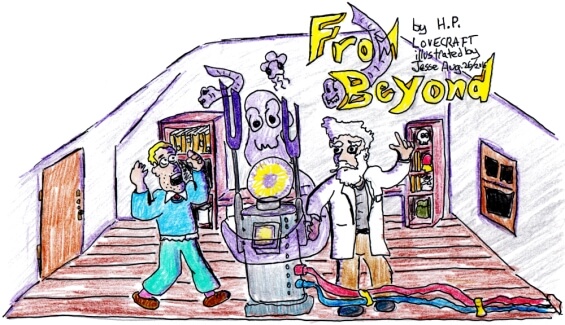
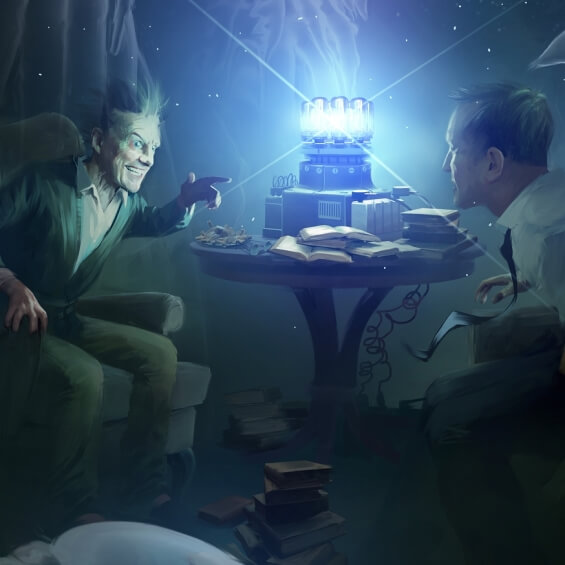

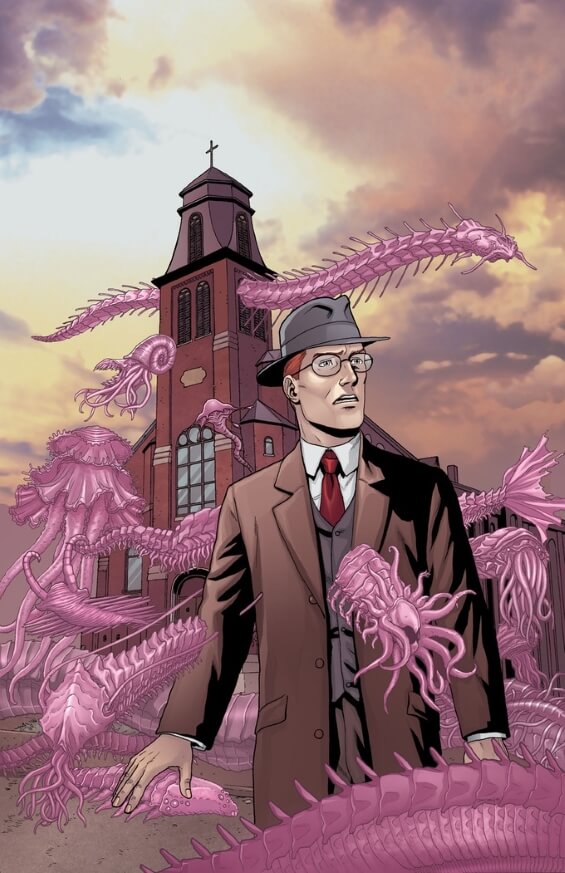
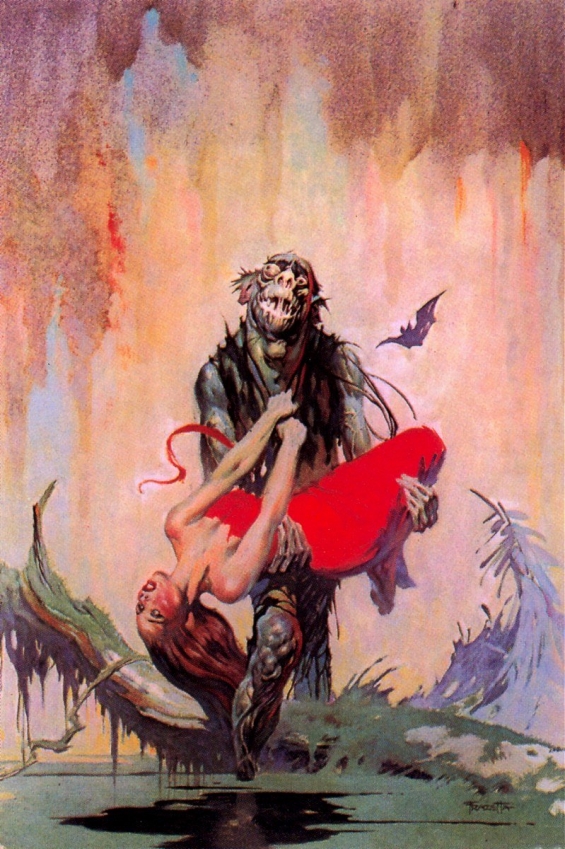
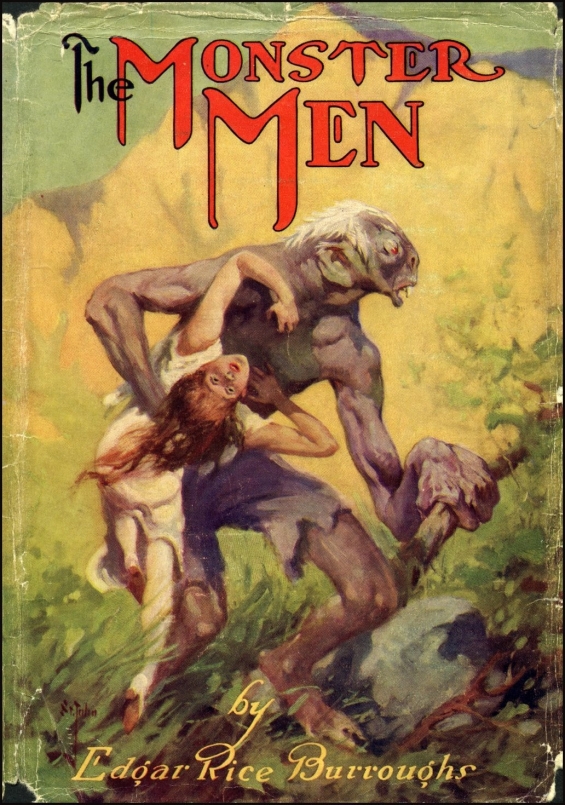
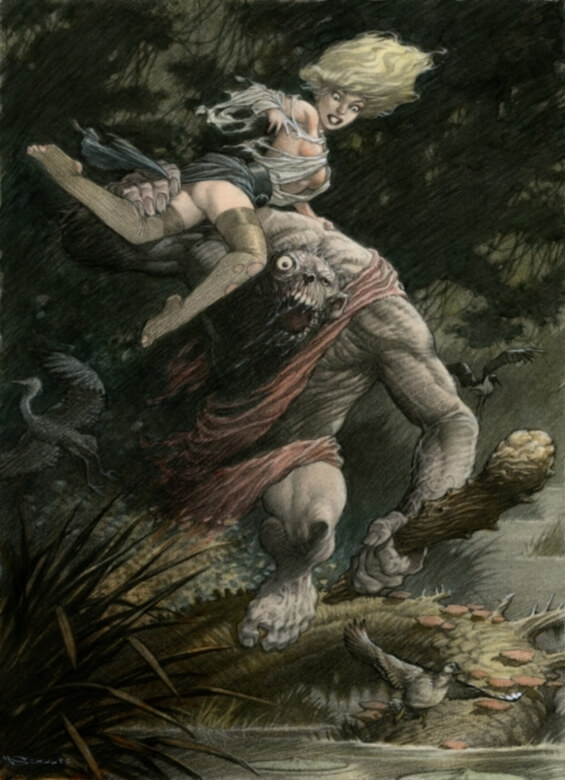

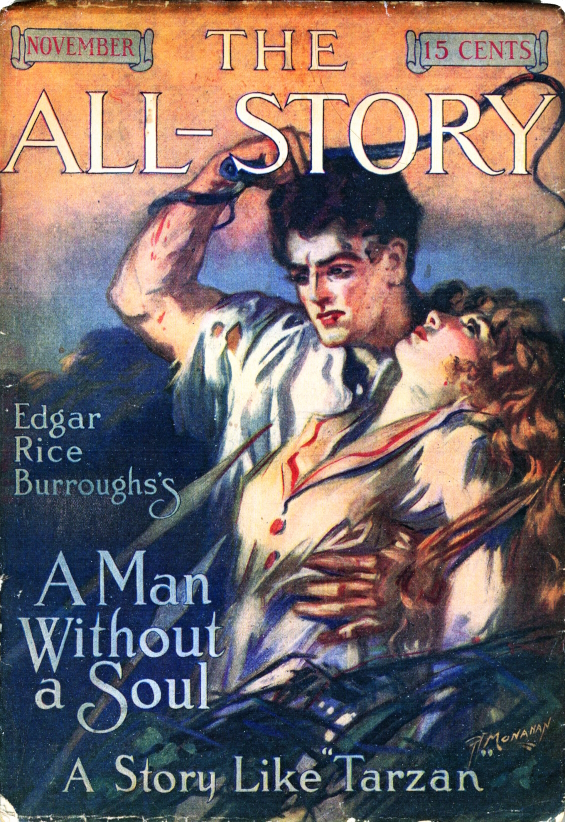
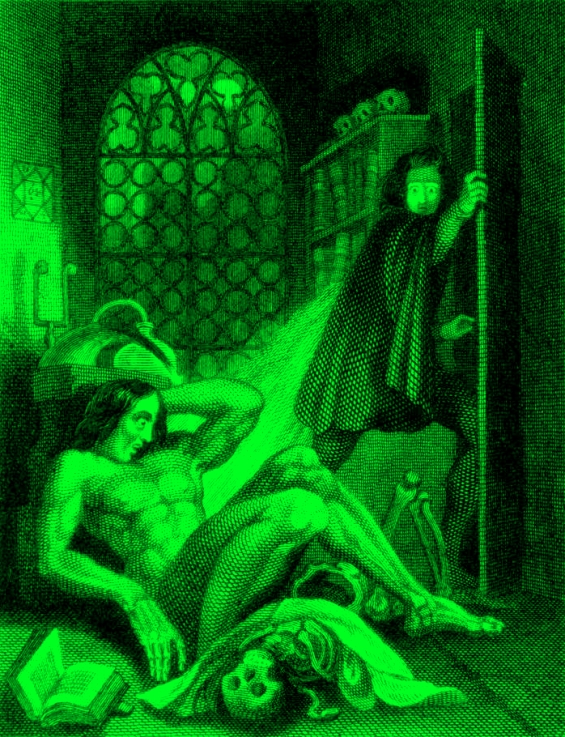
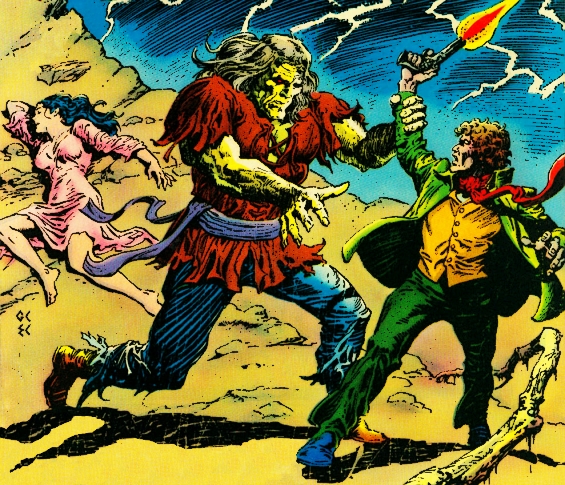
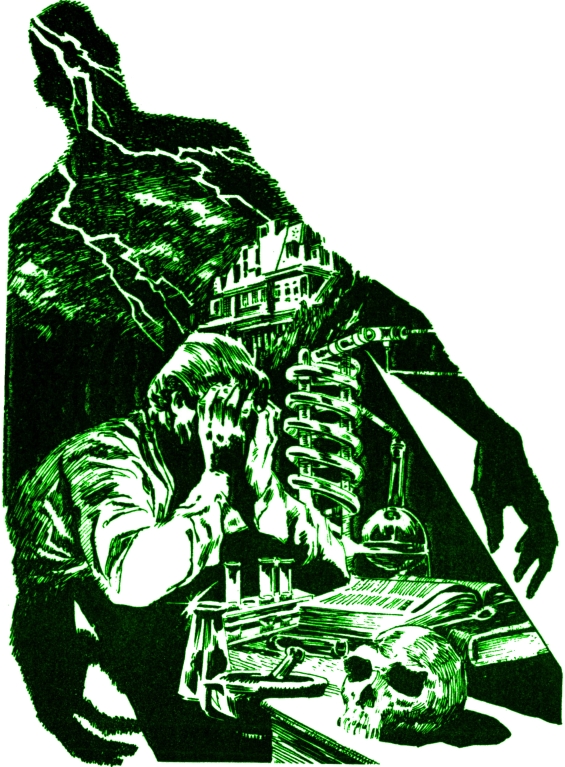
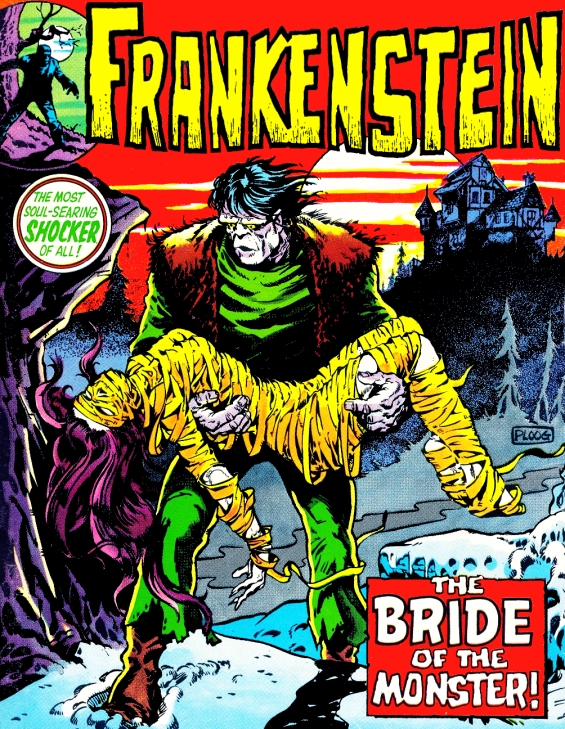
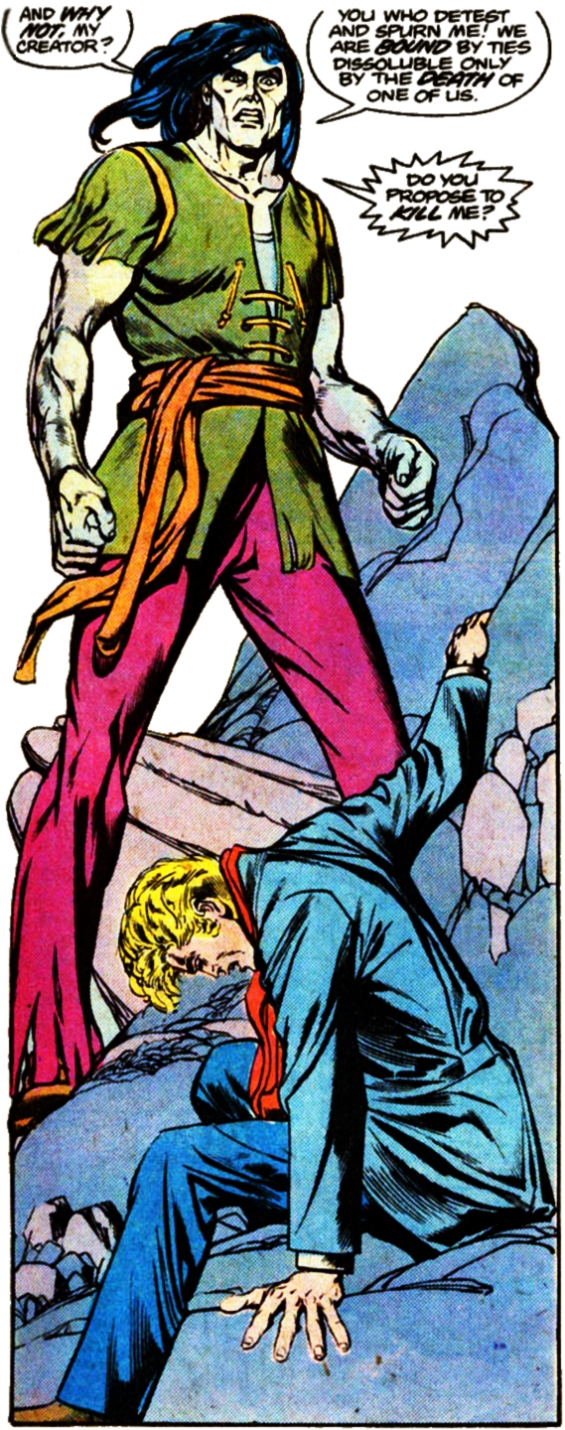
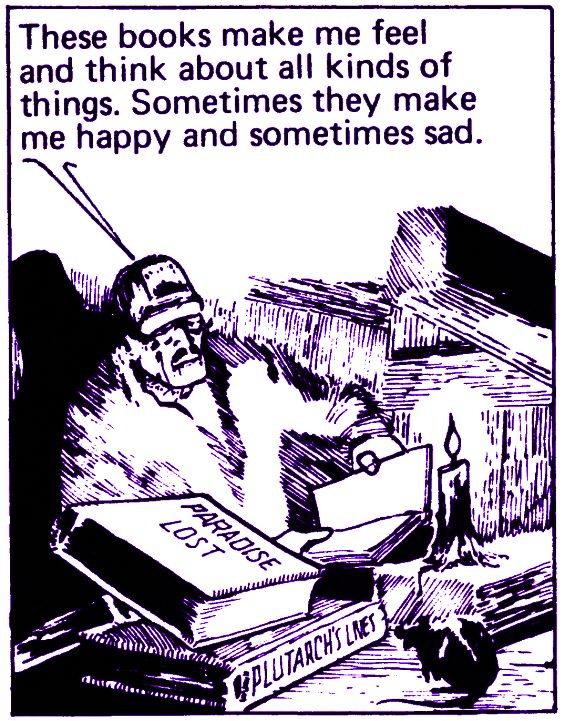
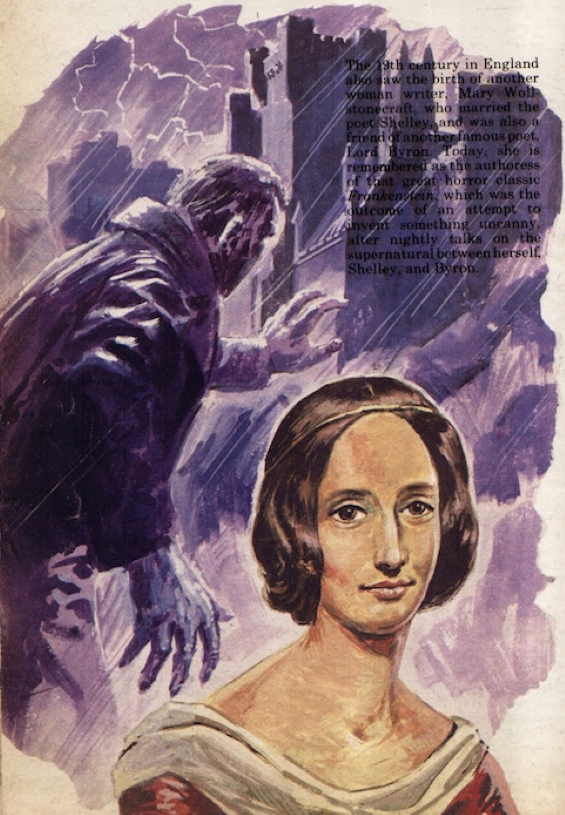
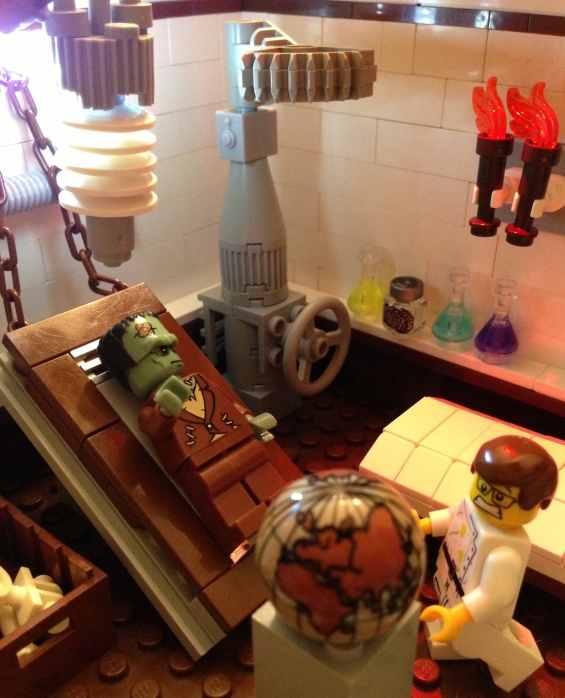
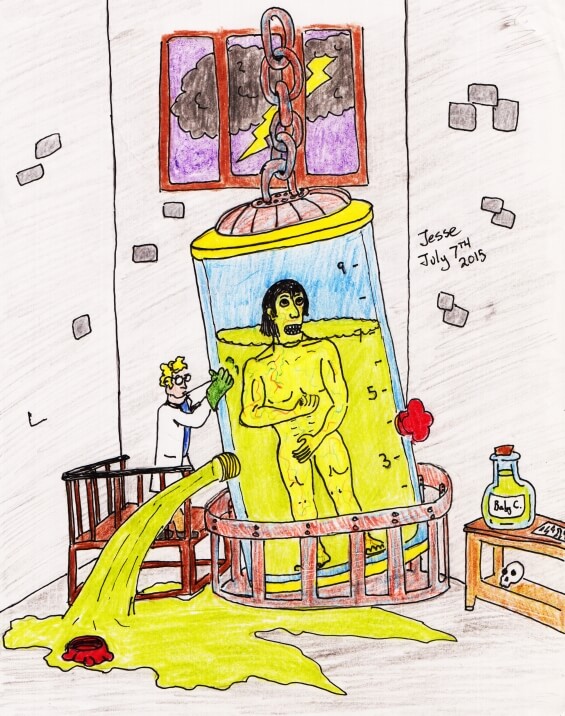

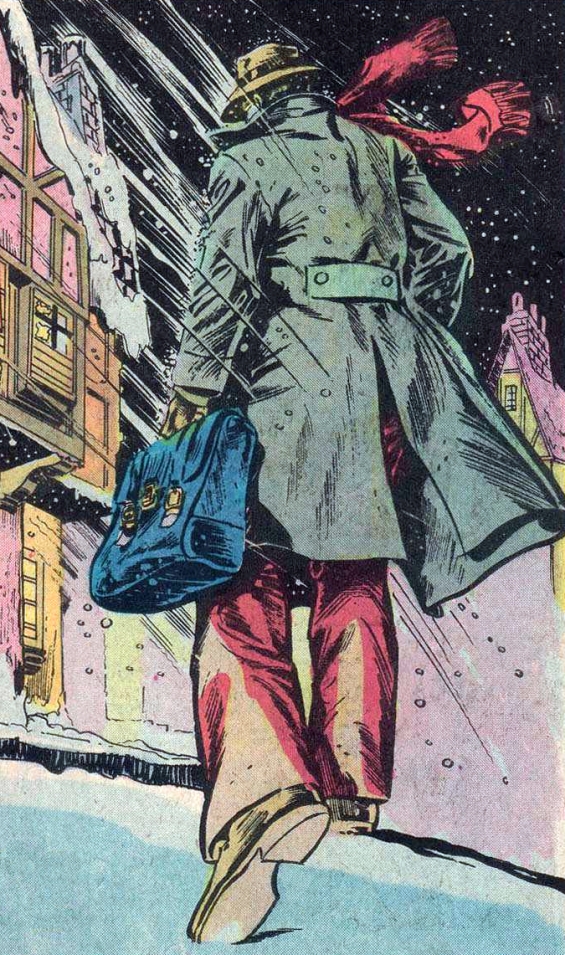
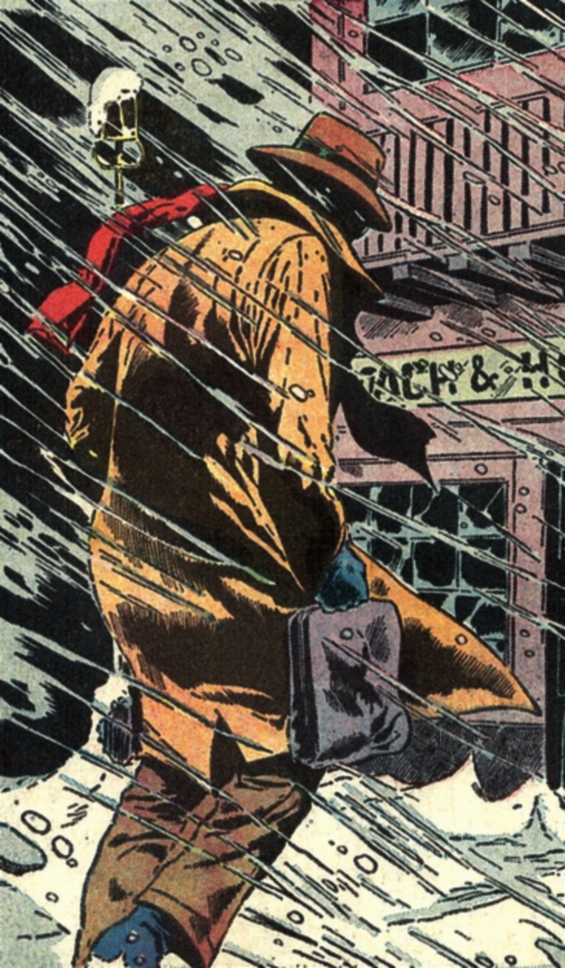
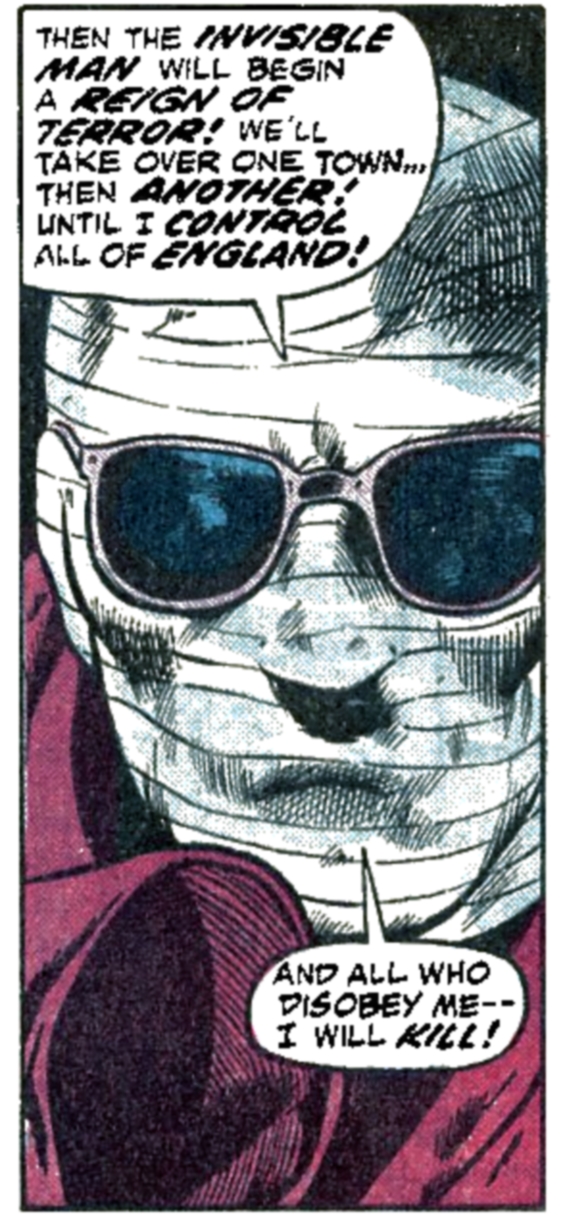
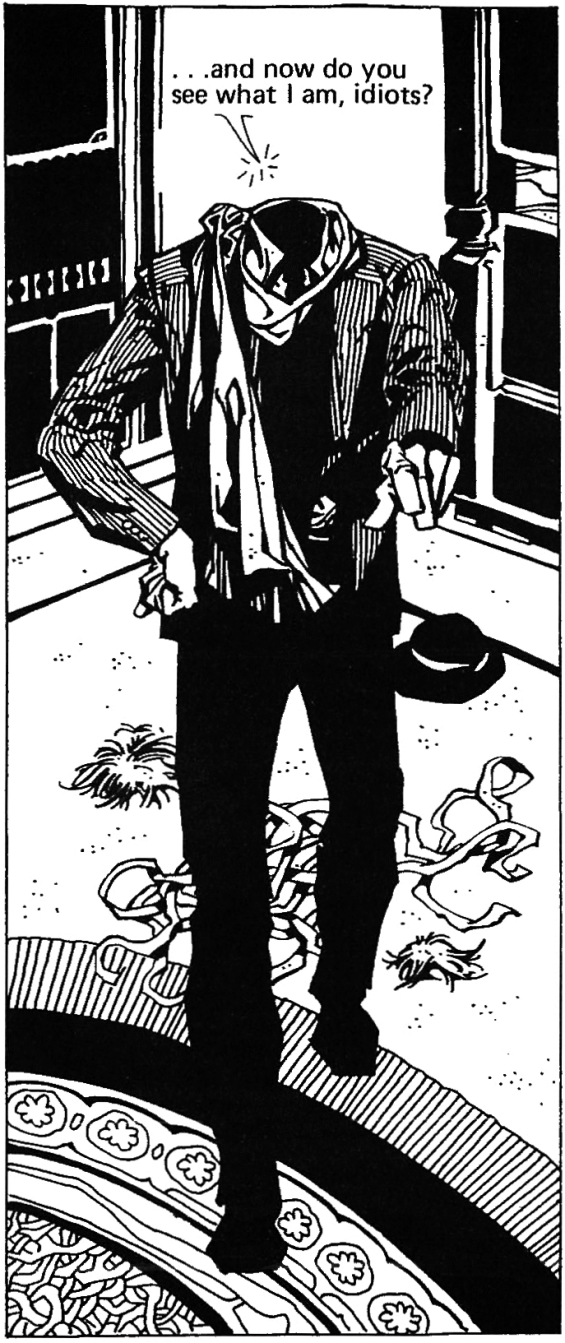
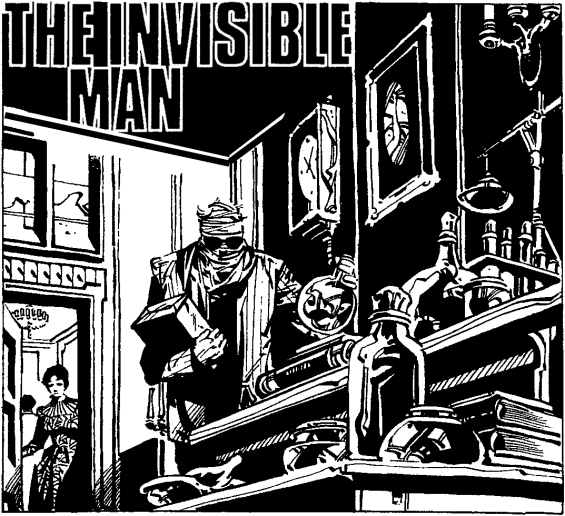


 The Mad Scientist’s Guide to World Domination
The Mad Scientist’s Guide to World Domination